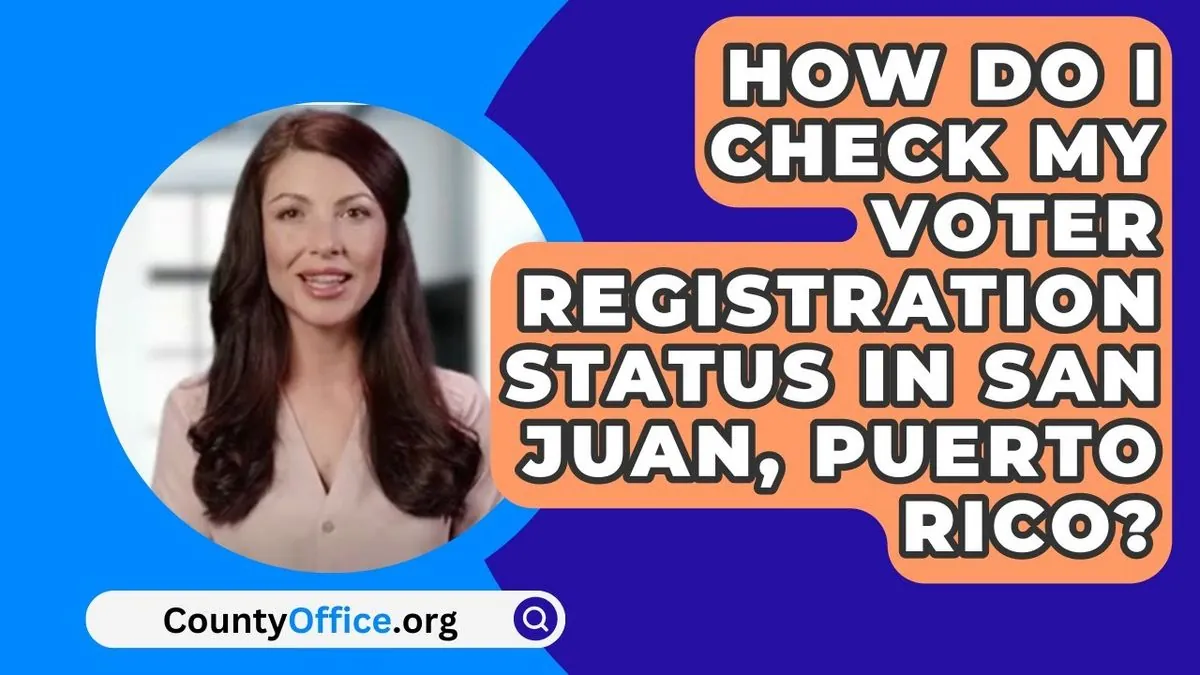In a recent development, Puerto Rico's electoral authorities have decided to maintain the current voter registration deadline for the upcoming general election, despite widespread concerns and requests for an extension. The decision, made on September 16, 2024, has sparked controversy and debate about electoral accessibility on the island.
The voter registration deadline remains set for September 21, 2024, just 45 days before the general election scheduled for November 5, 2024. This decision comes in the face of significant challenges, including long lines at registration centers and delays in processing electronic registrations.
Puerto Rico's two dominant political parties, the Popular Democratic Party and the New Progressive Party, voted against extending the deadline. Their decision was supported by the alternate president of the elections commission. This stance has been met with criticism from smaller parties and civil rights organizations.
The island, an unincorporated territory of the United States with a population of approximately 3.2 million, has been experiencing a surge in voter registration. This increase in civic engagement comes at a time when Puerto Rico's political landscape is evolving, with newer parties challenging the traditional two-party dominance.
Karla Angleró, the electoral commissioner for the Popular Democratic Party, defended the decision, citing concerns about potential delays in other crucial electoral processes. These include ballot printing, voter list configuration, and processing over 90,000 early voting requests.
"Extending the deadline would delay other processes, including the printing of ballots, the configuration of voting lists and the recording of more than 90,000 early voting requests."
The American Civil Liberties Union (ACLU) has voiced strong criticism of the decision. They highlighted issues such as chronic power outages forcing temporary closures of registration centers and insufficient resources to handle the registration surge. The ACLU had advocated for extending the registration deadline to ensure greater electoral participation.
It's worth noting that while Puerto Ricans are U.S. citizens, they cannot vote in U.S. presidential elections. The island, which has been a U.S. territory since 1898 following the Spanish-American War, operates under its own constitution adopted in 1952. Puerto Rico's government structure includes a governor and a unicameral legislature called the Legislative Assembly.
The current situation unfolds against a backdrop of ongoing economic challenges and recovery efforts from natural disasters, such as Hurricane Maria in 2017. These factors, combined with the island's complex political status debate, contribute to the heightened interest in the upcoming election.
As the registration deadline approaches, officials face the challenge of ensuring a smooth electoral process while addressing concerns about accessibility and fairness. The outcome of this election could have significant implications for Puerto Rico's future, particularly in relation to its political status and economic trajectory.
